Wire Guards
The origin of wire guards can be traced back to ancient times when metal wires were used to create various types of protective barriers. Wire guards have evolved and become an essential part of modern security systems. These guards are commonly used in industries such as manufacturing, transportation, and construction, where the protection of equipment and machinery is crucial. These guards are designed to prevent damage caused by accidental impacts, theft, and environmental factors. For example, wire guards protect machinery and equipment in manufacturing facilities from damage caused by flying debris, such as chips or scraps. Read More…
Acme Wire Products provides close tolerance wire fabrications using steel and stainless steel. Customized applications include a wide range of wire forms for many different applications. Acme works with wire from .050 to .500 diameter.

CUSTOM "Spring & Wire Form Specialists" - Ace Wire Spring & Form incorporates the latest CNC equipment technology to manufacture compression, extension, torsion springs, complex wire forms, and spring assemblies. We offer consistent quality, lower costs, on-time deliveries, and Design Engineering Assistance. Range from prototypes to long production runs - Family owned & operated since ...
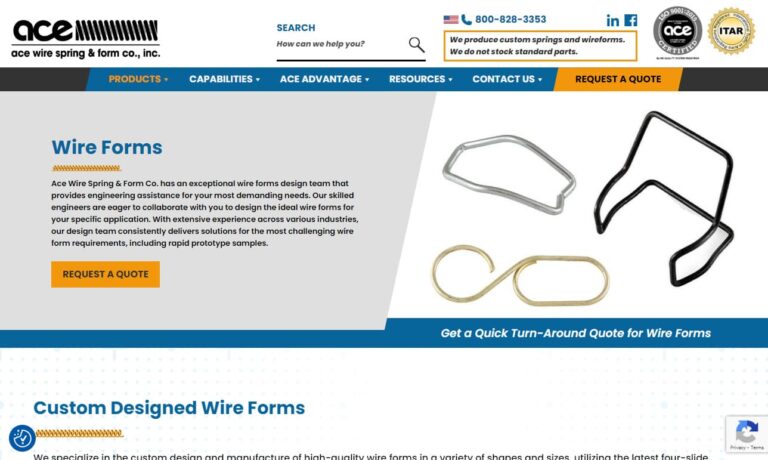
Apex Spring & Stamping is a certified minority owned company that manufacturers springs, stampings, wire forms, clips, and fasteners. Our core industries include automotive, office furniture, medical, recreational, consumer goods, and appliances. We also specialize in value added assembly and prototyping. Our engineering team will ensure your part is both functional and cost-effective. IATF 16949 ...

Illini Wire Works, Inc. stands as a distinguished leader in the realm of wire fabrication, providing unparalleled expertise in crafting custom wire forms and industrial fan guards. With a heritage of precision and innovation, we have become a trusted partner for clients seeking high-quality wire solutions tailored to their unique specifications. Illini Wire Works excels in the art of custom wire...

At Royal Coil, Inc., we specialize in crafting high-quality wire forms tailored to meet the unique demands of our customers. Our expertise spans a wide range of industries, enabling us to deliver precision-engineered solutions that excel in both functionality and durability. With advanced manufacturing capabilities, we transform wire into complex and reliable components that support a variety of...
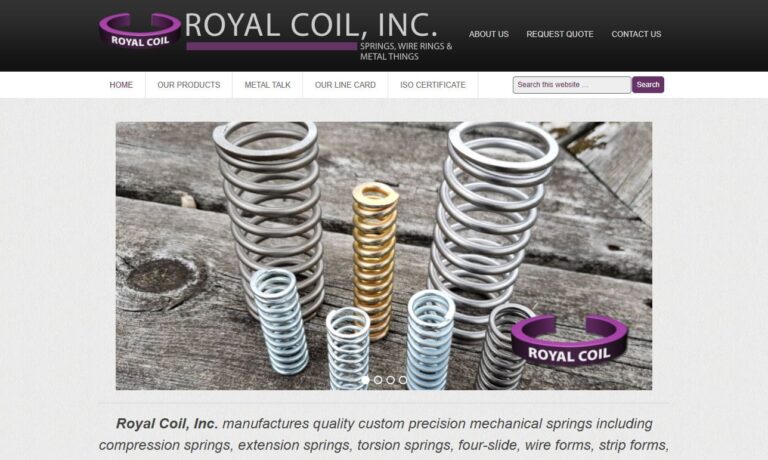
Here at Anderson Quality Spring Manufacturing, Inc., we take great pride in our position as a leading provider of wire forms, offering a comprehensive range of products, services, and capabilities to meet the diverse needs of our valued clientele. With our unwavering commitment to excellence and extensive expertise in wire forming technology, we stand ready to deliver innovative solutions that...

At Katy Spring & Mfg., Inc., we specialize in the design and production of high-quality wire forms tailored to meet the diverse needs of our customers. Our expertise lies in transforming raw materials into complex, precision-engineered components that support a wide range of industries. By combining innovative technology with a deep understanding of our customers’ requirements, we deliver wire...

More Wire Guard Manufacturers

How are Wire Guards Created?
Wire guards are created by bending and shaping metal wires into a frame or cage-like structure that fits over the item to be protected. Here is a general overview of the process of creating wire guards:
Design: A wire guard is designed based on the dimensions and specifications of the item to be protected. The design process may involve creating a 3D model using computer-aided design (CAD) software.
Material selection: The appropriate wire material is selected based on the application, environment, and other requirements.
Cutting and bending: The metal wire is cut to the appropriate length and bent into the desired shape using specialized equipment such as wire cutters, bending machines, or manual tools.
Assembly: The wire pieces are assembled to create the wire guard frame or cage. This may involve welding, soldering, or using fasteners such as bolts or clips.
Finishing: The wire guard may be finished with coatings or treatments to improve its appearance or performance, such as painting or galvanizing to improve corrosion resistance.
Installation: The wire guard is installed over the item to be protected, using appropriate fasteners or mounting hardware.
The exact process of creating wire guards may vary depending on the manufacturer and the specific application. Custom wire guards may require additional steps or special considerations to ensure they meet the exact specifications and requirements of the application.
Factors Determining Wire Guard Material
Various types of metal wires are used to make wire guards. The most commonly used metals include steel, aluminum, and copper. Steel is the most popular choice due to its strength, durability, and corrosion resistance. Aluminum is lightweight and corrosion-resistant, making it a popular choice in areas where weight is a concern, such as aerospace applications. Copper is an excellent conductor of electricity and is commonly used in applications requiring electrical grounding. The choice of wire material for wire guards is based on several factors, including the application, environment, and budget. Here are some reasons why one type of wire may be chosen over another:
Strength and durability: A strong and durable wire material such as steel may be the best choice if the wire guard is expected to endure harsh environmental conditions or be subjected to frequent impacts or heavy loads.
Corrosion resistance: A corrosion-resistant material such as stainless steel or aluminum may be preferred if the wire guard is exposed to moisture or other corrosive agents.
Electrical conductivity: If the wire guard is intended to protect electrical equipment or machinery, a wire material with good electrical conductivity, such as copper, may be necessary.
Weight: If weight is a concern, lightweight materials like aluminum may be preferred over heavier materials like steel.
Cost: Wire materials vary in cost, so budget constraints may also play a role in selecting wire material for wire guards.
In addition, the size limits of wire guards vary depending on the application and the size of the protected item. Wire guards can be custom-made to fit specific equipment or machinery and range in size from small guards designed to protect individual tools to large enclosures designed to protect entire rooms or buildings. Wire guards are generally designed to provide adequate protection while allowing for adequate ventilation and airflow.
Limits to Wire Guard Usage
There are limitations to the use of wire guards. While they are effective in protecting equipment from physical damage, they may not provide adequate protection against environmental factors such as temperature, humidity, or corrosive agents. Wire guards may also obstruct access to the equipment they protect, making it difficult to perform routine maintenance and repairs.
Applications of Wire Guards
Wire guards have a wide range of applications. They are also commonly used in public places such as parks, playgrounds, and shopping centers to protect public property from vandalism and theft. Some of the most common applications of wire guards include:
Transportation industries: Wire guards protect cargo from damage caused by shifting during transit. They also protect occupants from falling or shifting objects during transport.

Machinery and equipment: Wire guards are often used to protect machinery and equipment from damage caused by flying debris, accidental impacts, or vandalism.
Tools and supplies: Wire guards protect tools and supplies from theft or damage caused by environmental factors such as humidity or temperature.
Electronics and electrical equipment: Wire guards protect electronic and electrical equipment from damage caused by accidental impacts or environmental factors such as dust or moisture.
Air conditioning units: Wire guards are commonly used to protect outdoor air conditioning units from damage caused by debris or vandalism.

Choosing the Proper Wire Guard Supplier
To ensure you have the most productive outcome when purchasing a wire guard from a wire guard supplier, it is important to compare several wire guard suppliers using our directory of wire guard suppliers. Each wire guard supplier has a business profile page highlighting their areas of experience and capabilities, along with a contact form to directly communicate with the supplier for more information or request a quote. Review each wire guard supplier website using our proprietary website previewer to quickly learn what each wire guard business specializes in. Then, use our simple RFQ form to contact multiple wire guard companies with the same form.


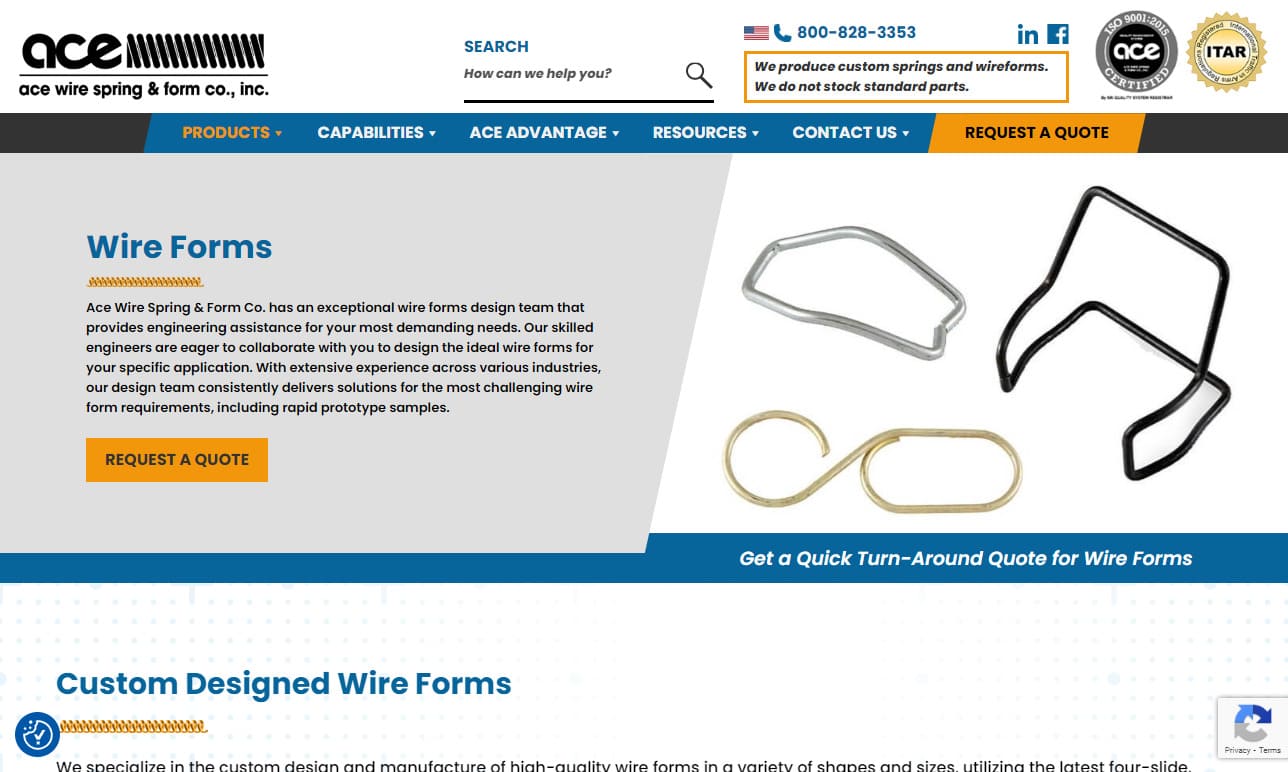

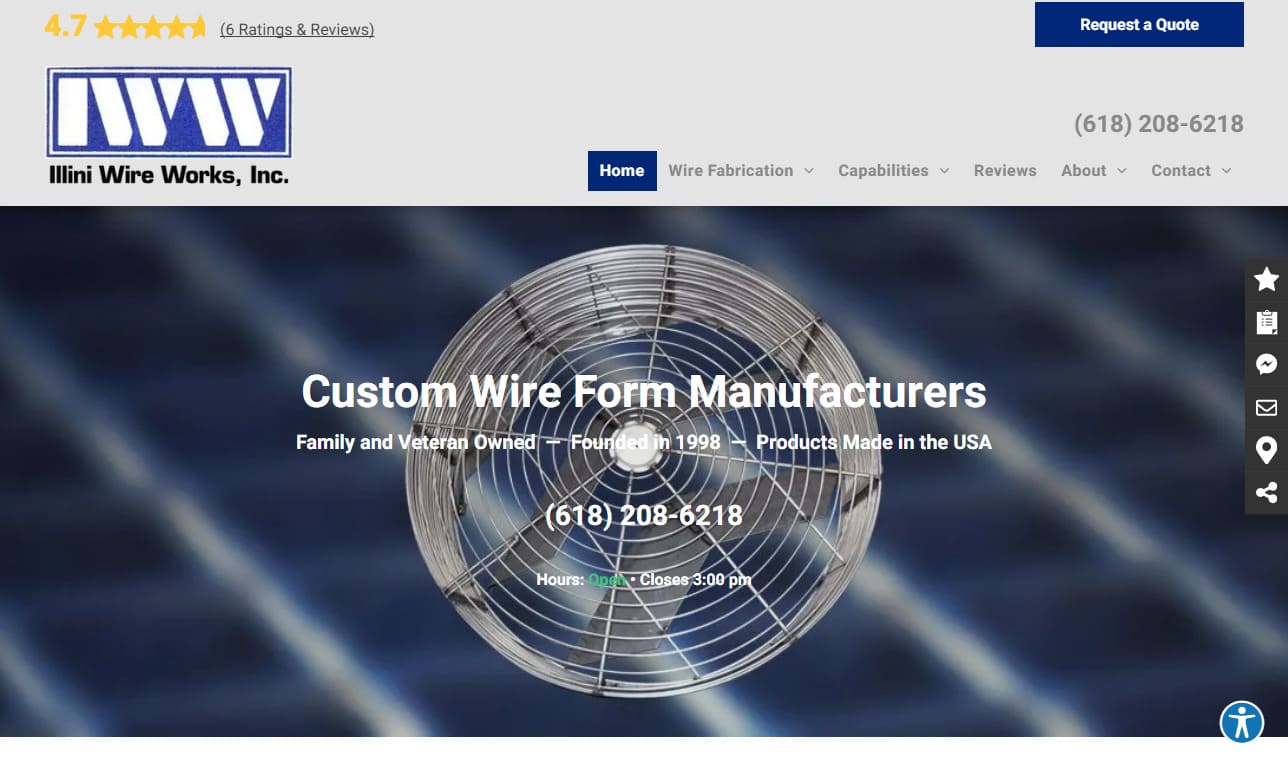
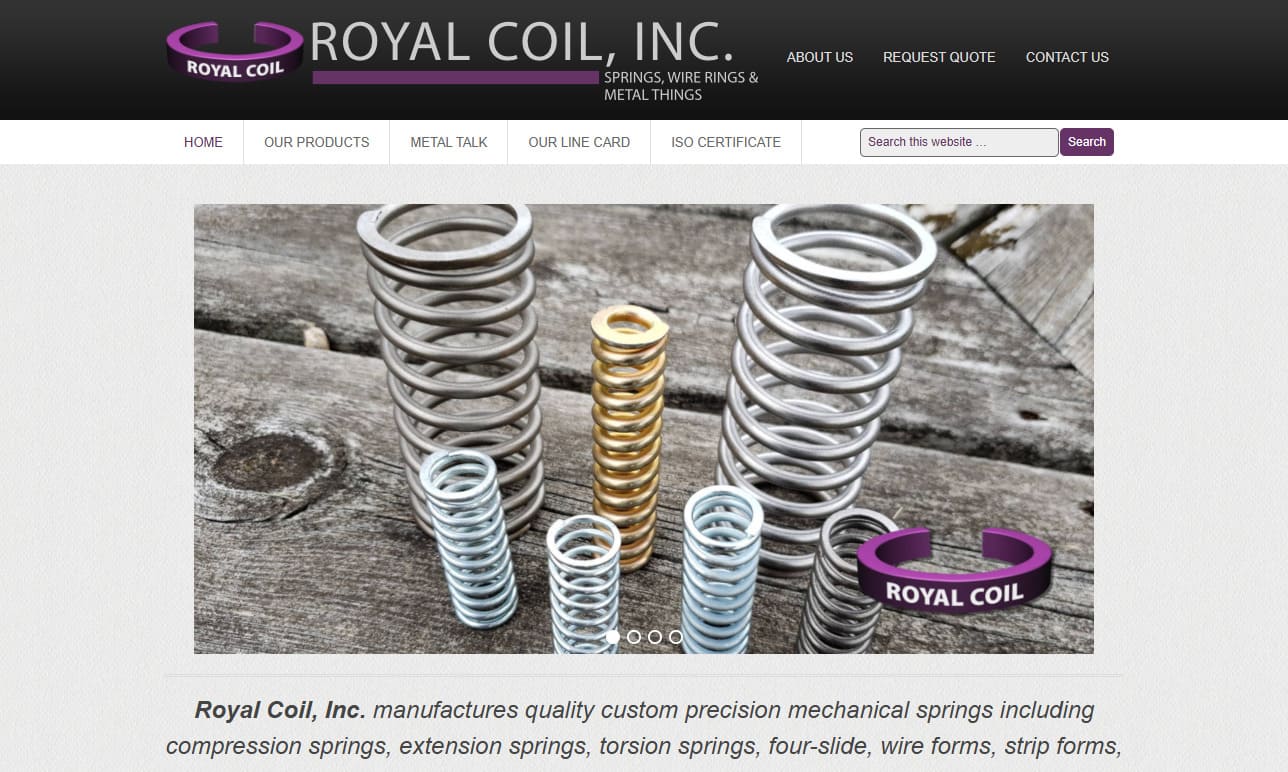


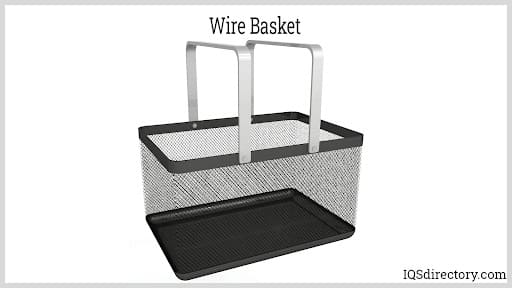
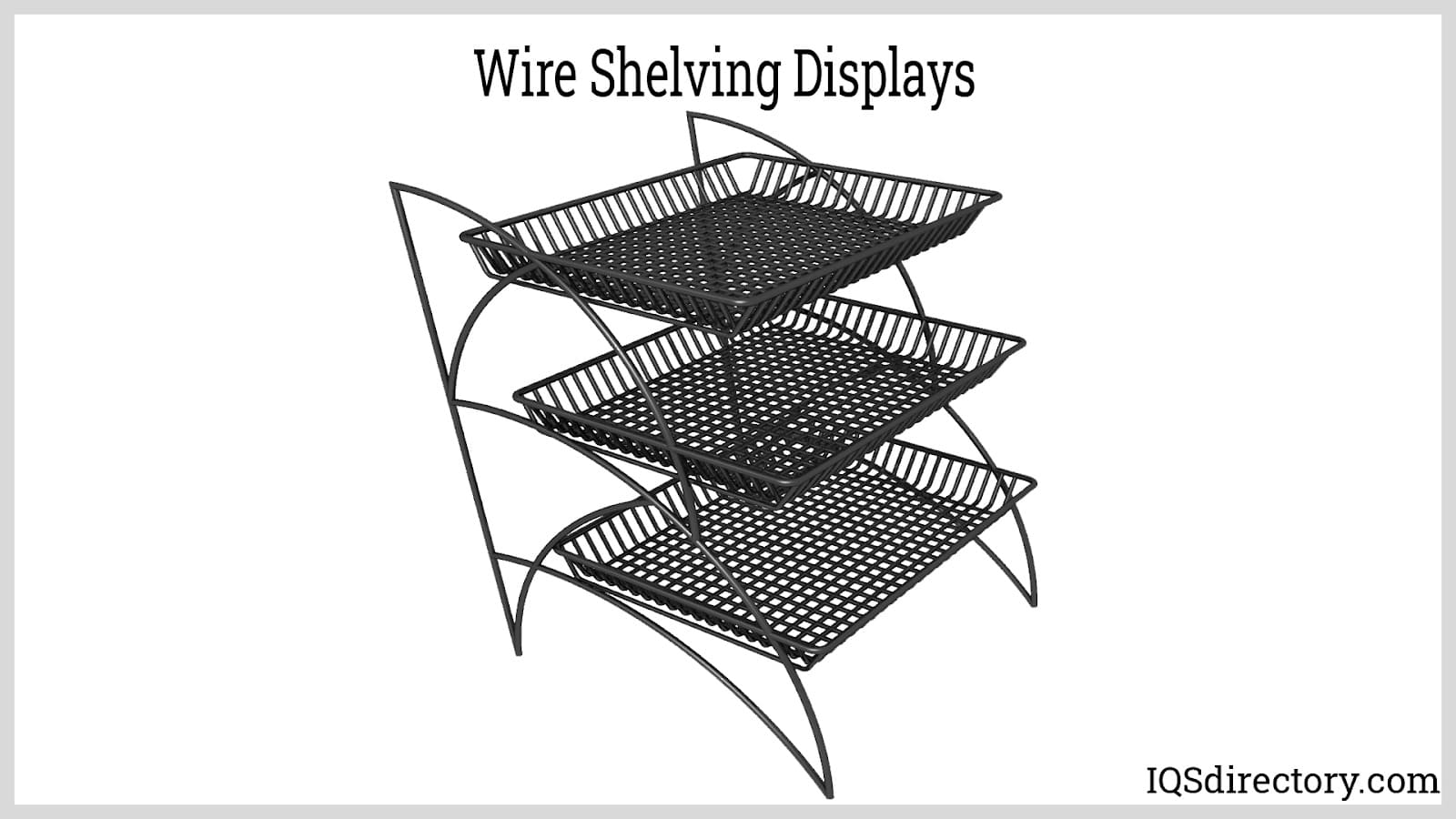
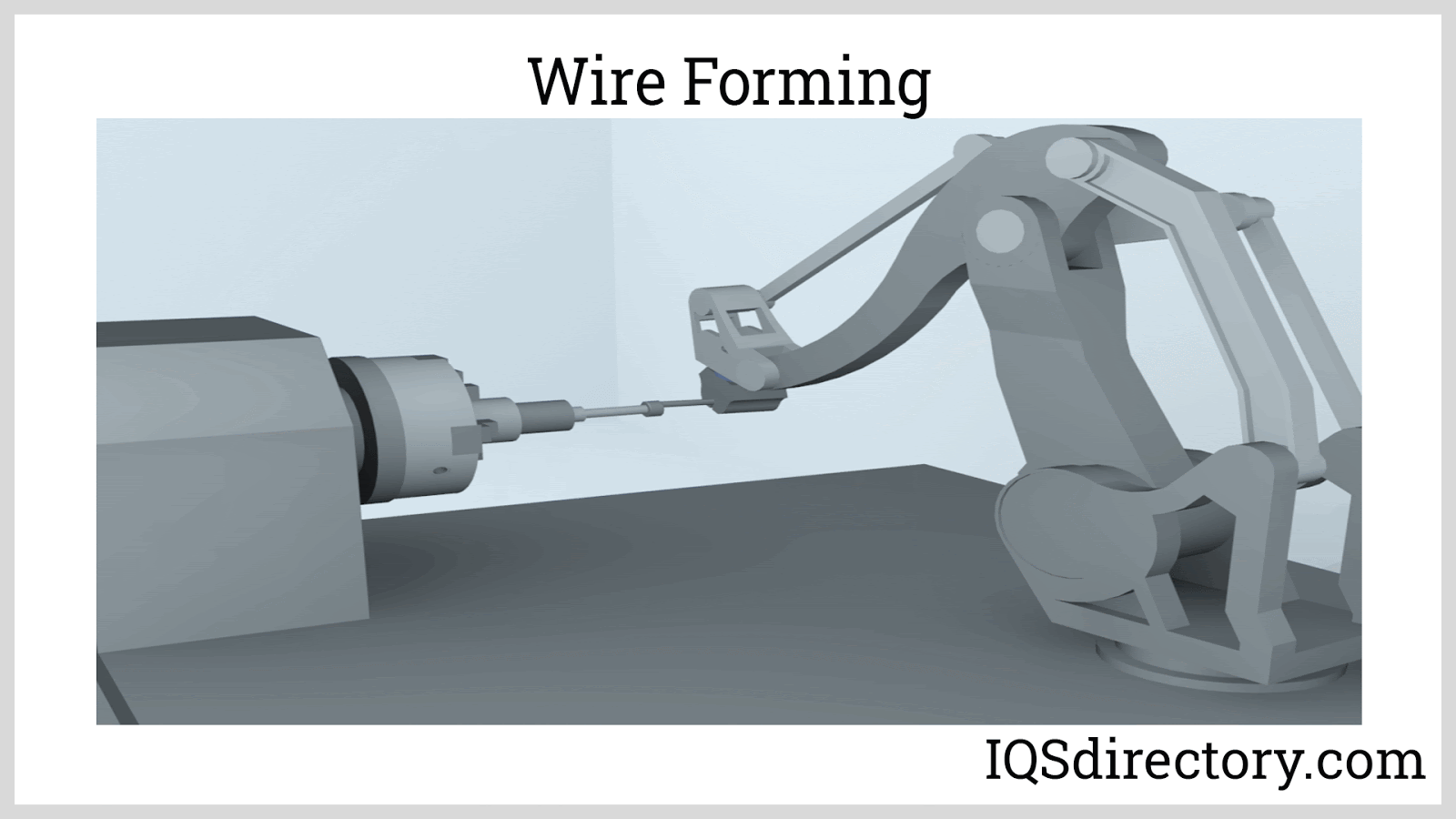
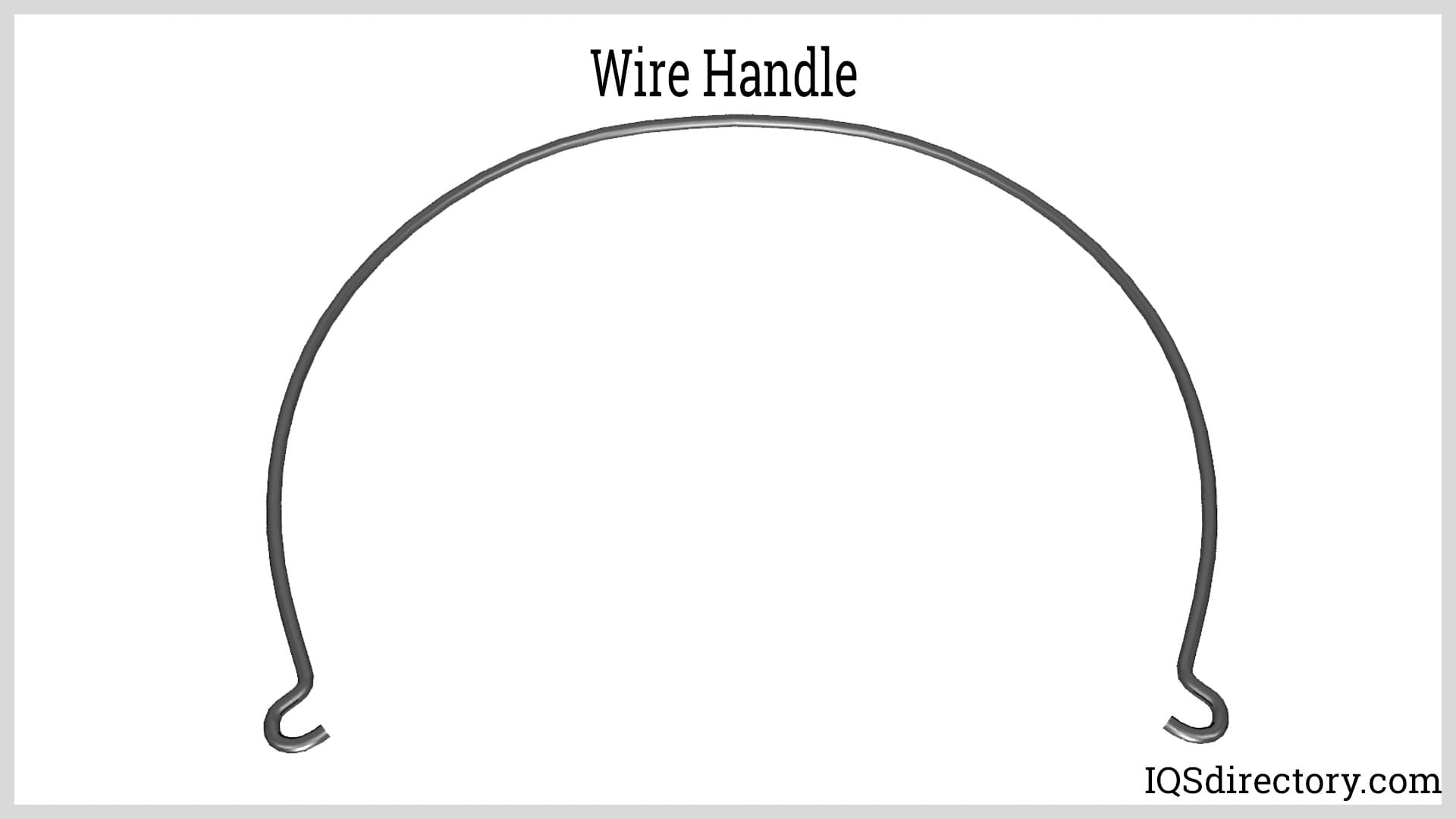
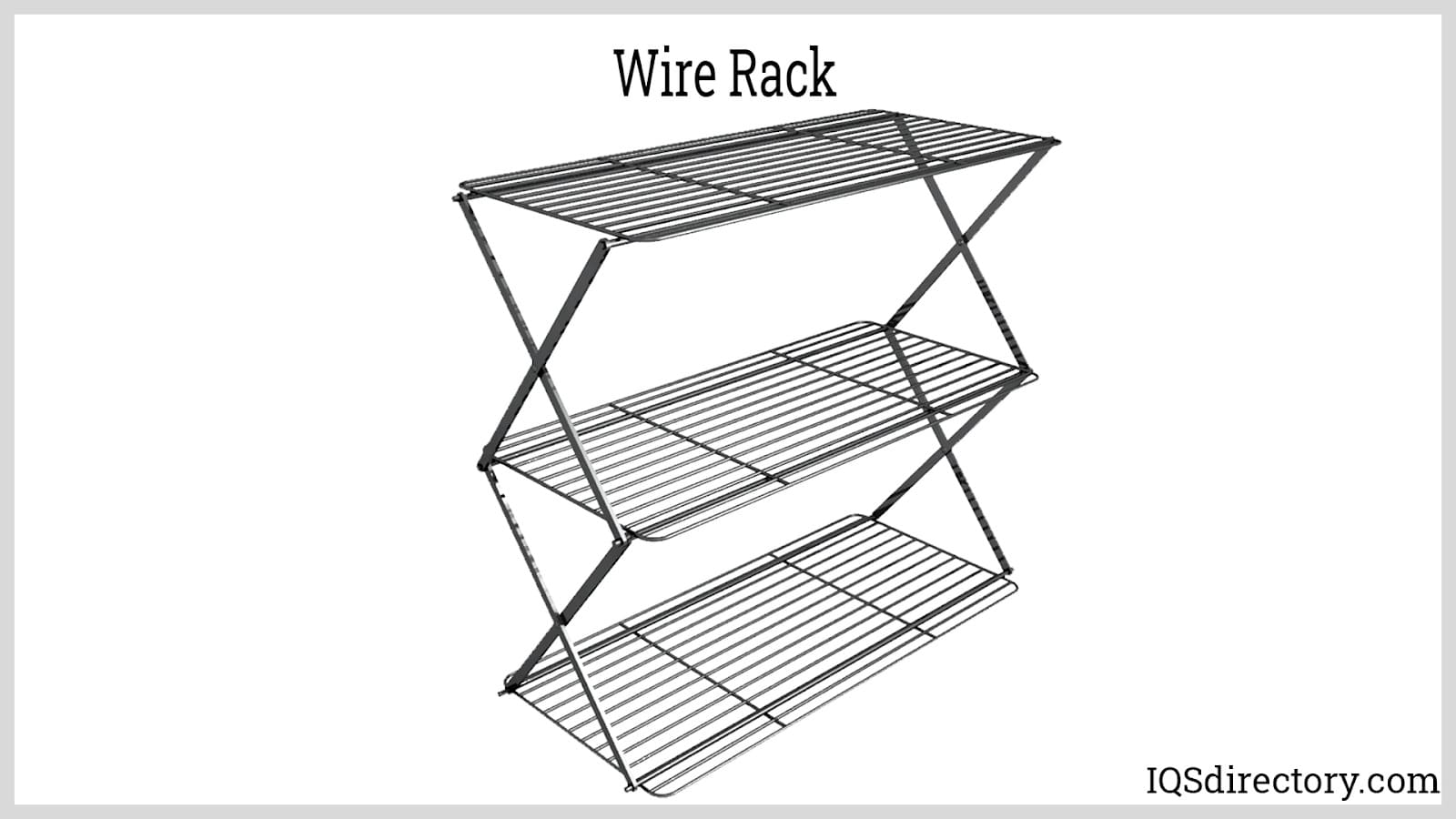
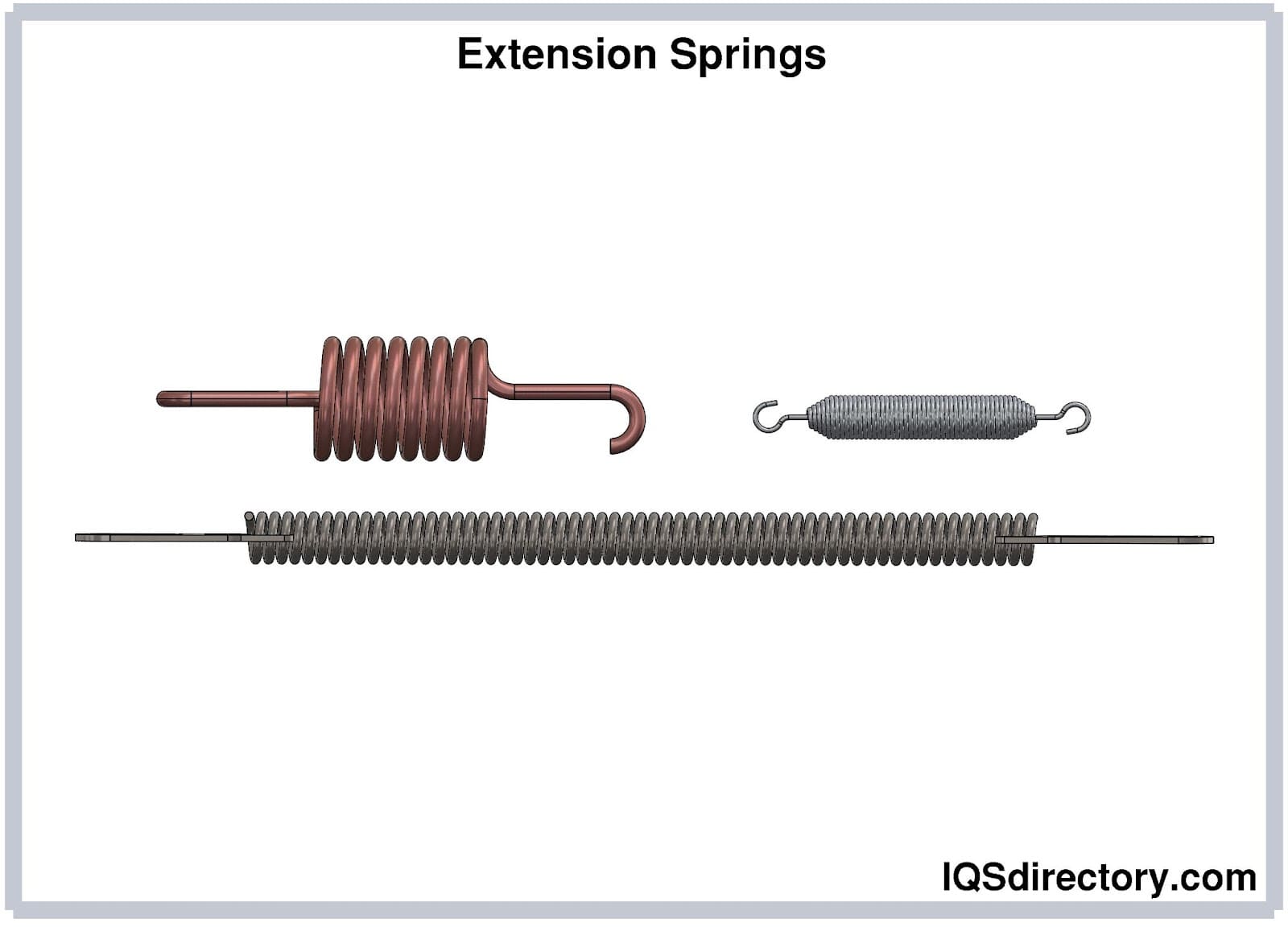
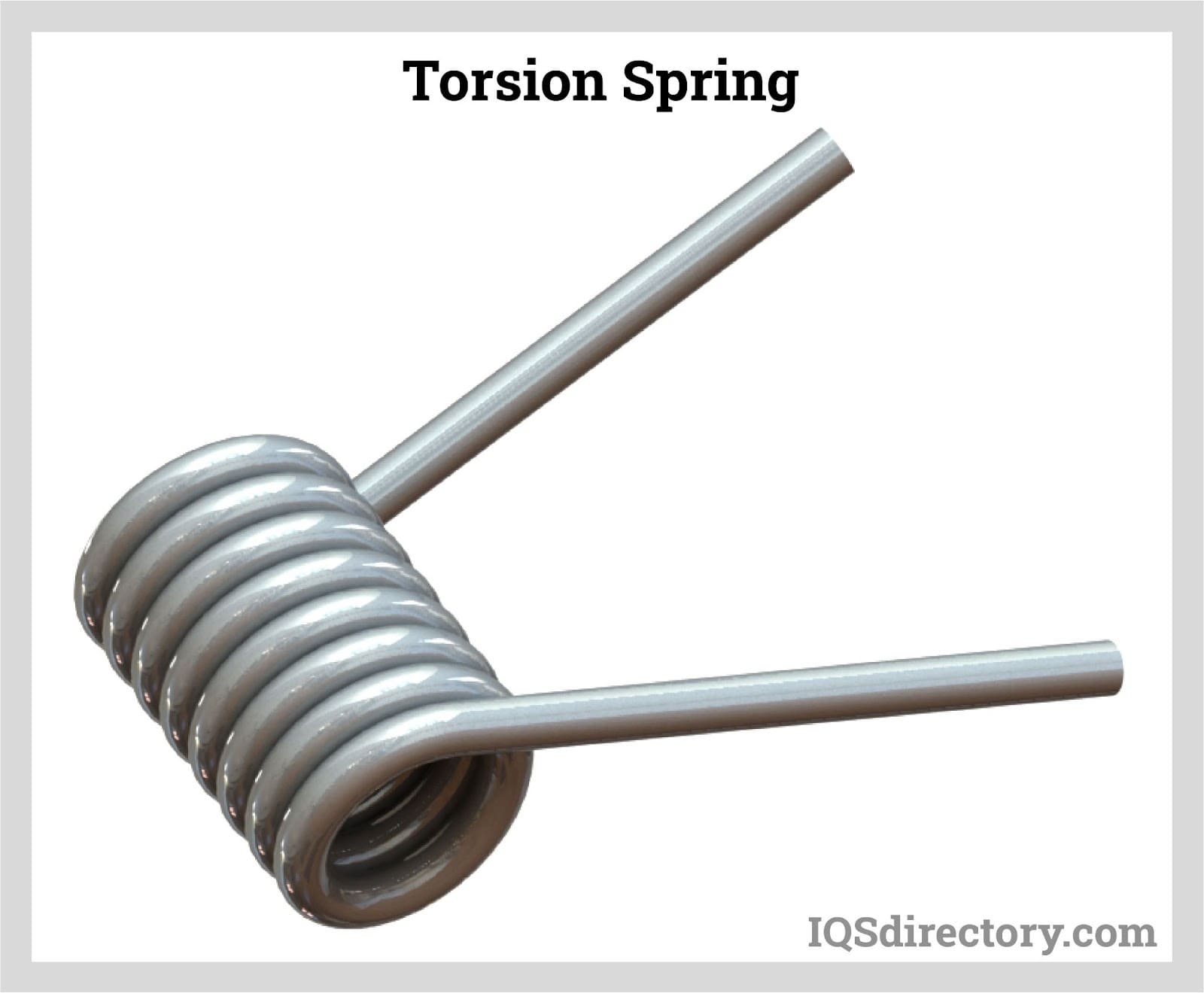
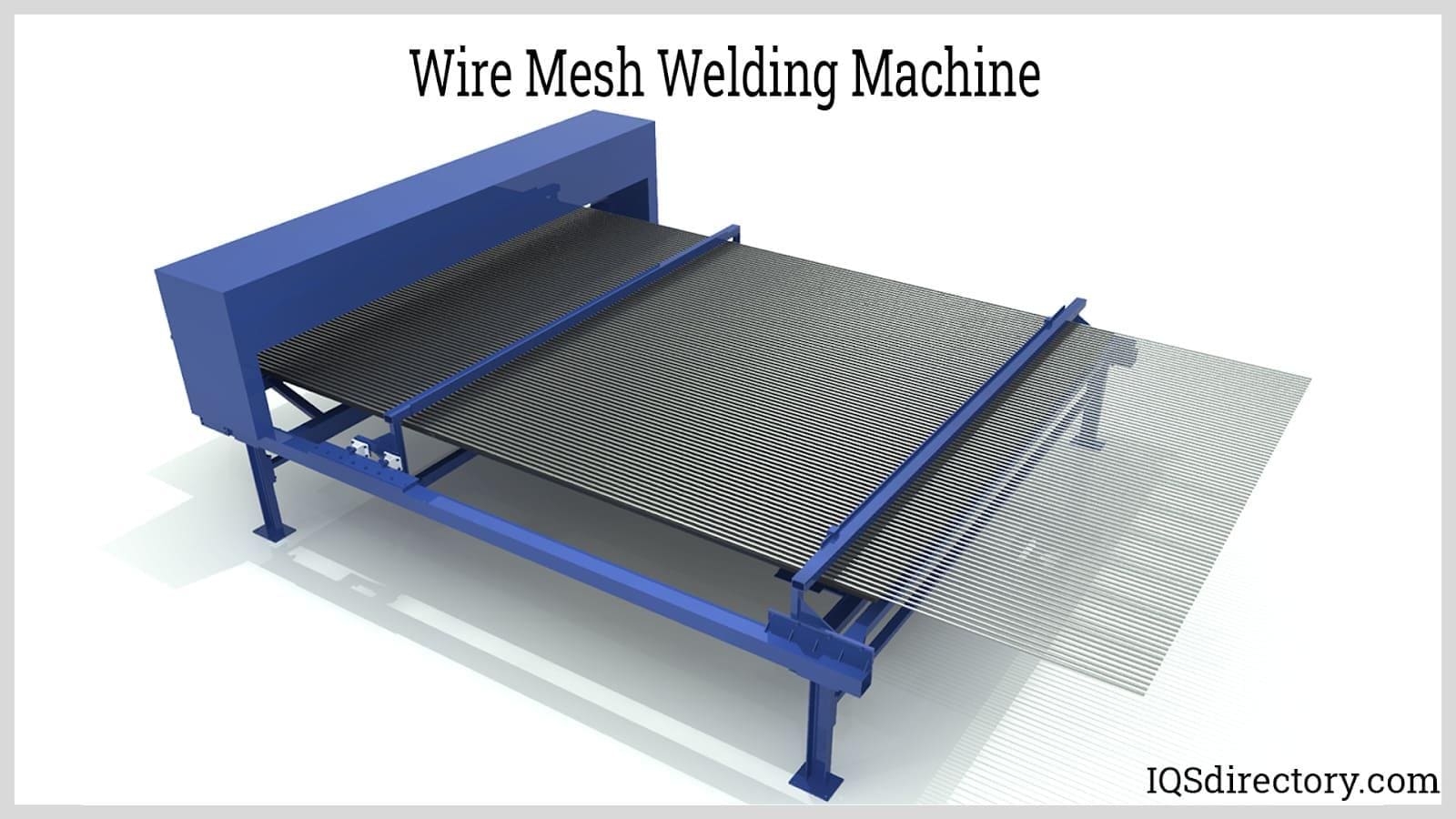
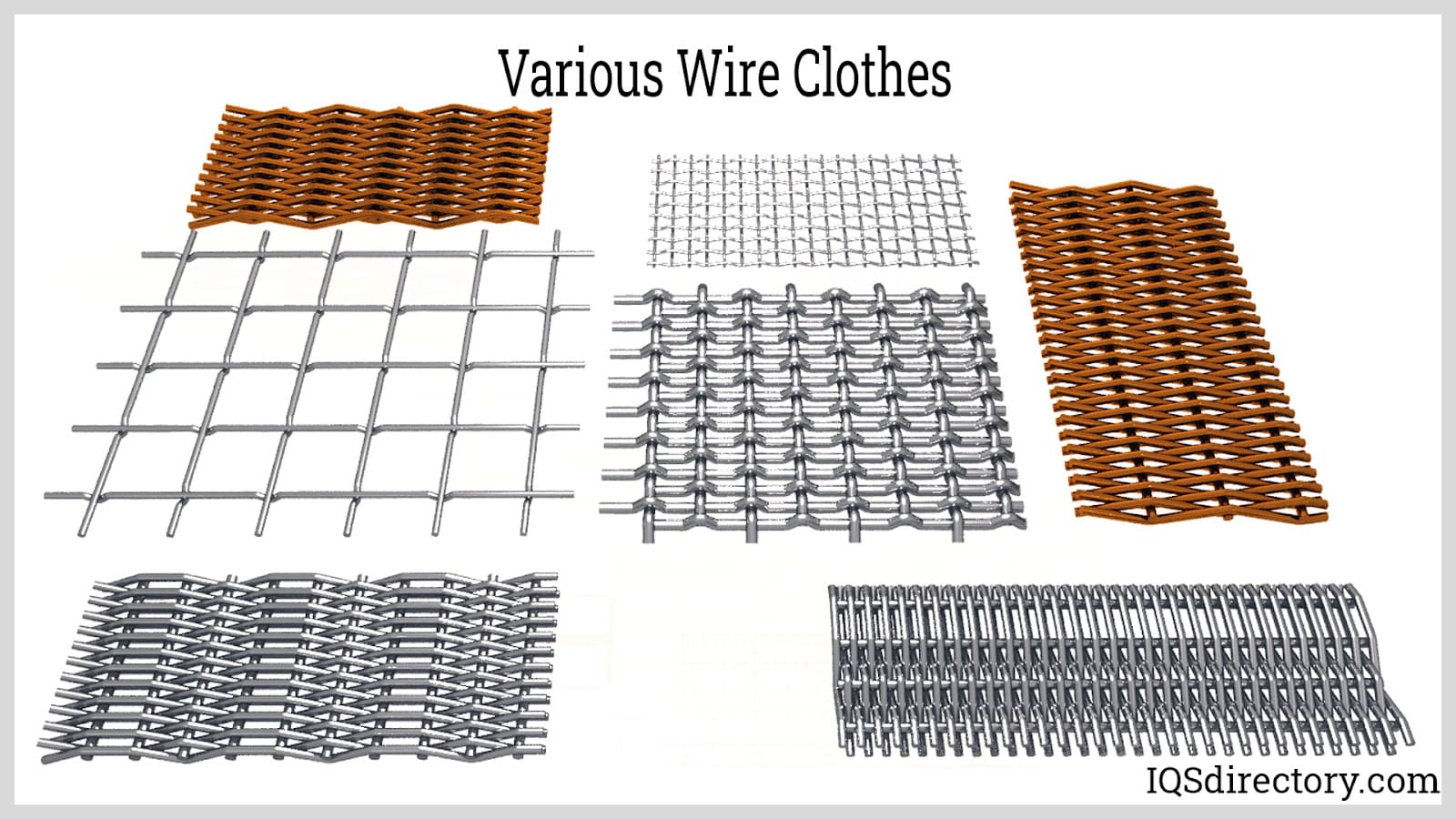
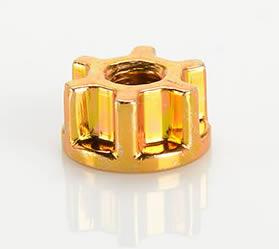 Cold Headed Parts
Cold Headed Parts Expanded Metals
Expanded Metals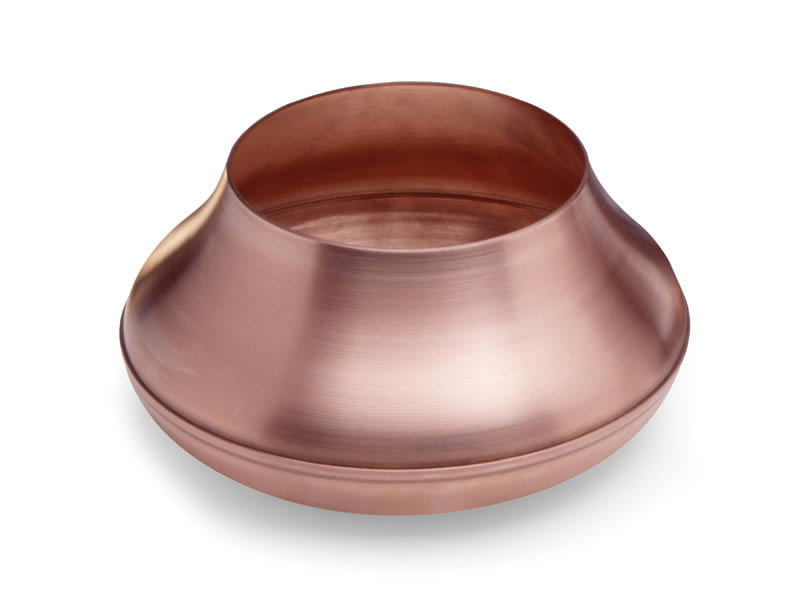 Metal Spinning
Metal Spinning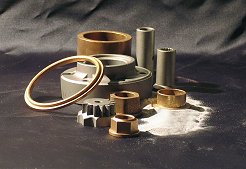 Powdered Metal Parts
Powdered Metal Parts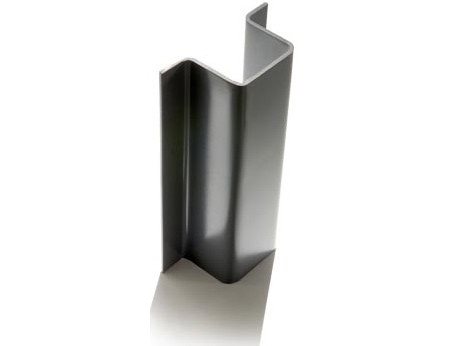 Roll Forming
Roll Forming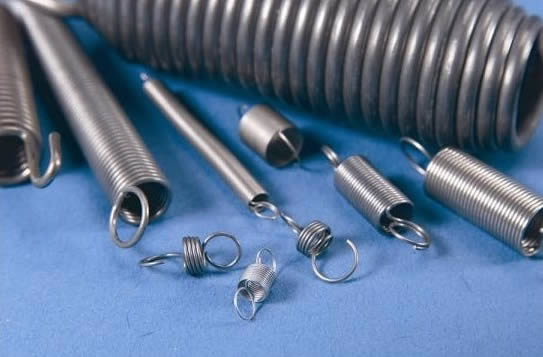 Springs
Springs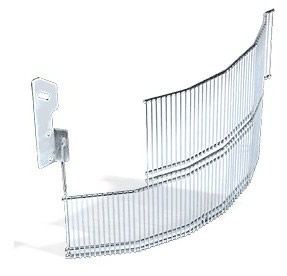 Wire Forms
Wire Forms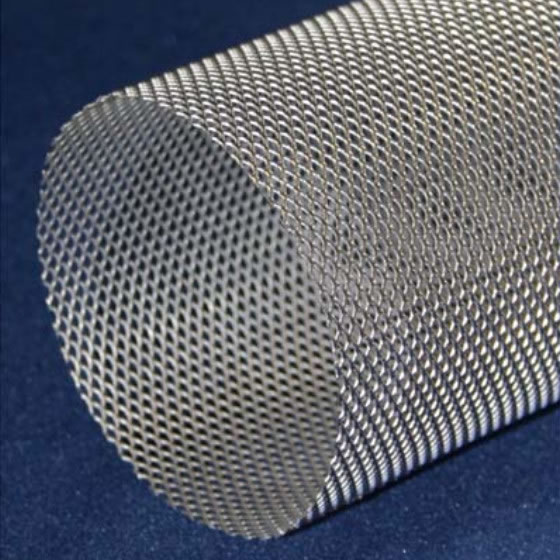 Wire Mesh
Wire Mesh Castings & Forgings
Castings & Forgings Bulk Material Handling
Bulk Material Handling Electrical & Electronic Components
Electrical & Electronic Components Flow Instrumentation
Flow Instrumentation Hardware
Hardware Material Handling Equipment
Material Handling Equipment Metal Cutting Services
Metal Cutting Services Metal Forming Services
Metal Forming Services Metal Suppliers
Metal Suppliers Motion Control Products
Motion Control Products Plant & Facility Equipment
Plant & Facility Equipment Plant & Facility Supplies
Plant & Facility Supplies Plastic Molding Processes
Plastic Molding Processes Pumps & Valves
Pumps & Valves Recycling Equipment
Recycling Equipment Rubber Products & Services
Rubber Products & Services